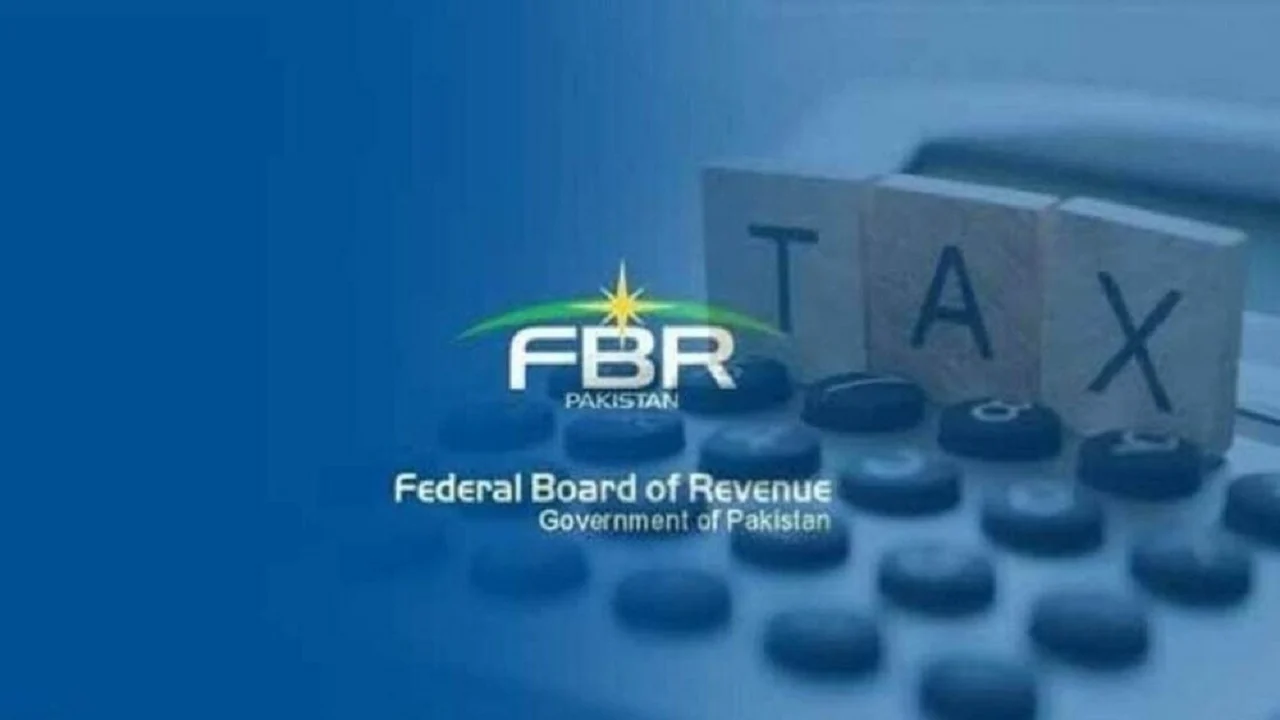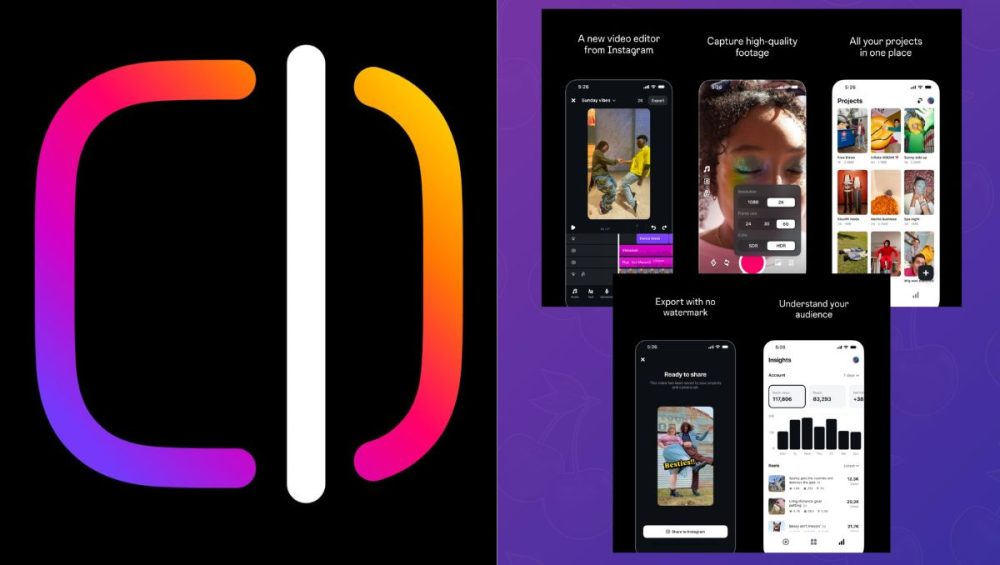The Federal Board of Revenue (FBR) has officially rolled out a digital invoicing system for all sales tax-registered taxpayers, marking a major milestone in Pakistan’s digitalisation drive. The initiative initially targets corporate businesses but will eventually expand to all sectors.
This system is aimed at eliminating the long-standing problem of fake and unverifiable invoices, while also making tax filing easier, faster, and more transparent. According to FBR officials, the move aligns with Prime Minister Shehbaz Sharif’s vision of building a digital economy.
How It Works
Businesses can now integrate their invoicing systems with licensed digital integrators such as Pakistan Revenue Automation Limited (PRAL), which is free, as well as private providers like Haball, WebDNAWorks, and EY. Once connected, invoices are automatically generated digitally, each carrying a unique invoice number and QR code. Suppliers and buyers can access and verify these invoices through the FBR portal, ensuring accuracy and security.
READ MORE:
Asia Cup 2025: India-Pakistan Clash Faces Unprecedented Ticket Sales Slump
Business Intelligence Dashboard
To complement digital invoicing, FBR has also introduced a Business Intelligence Dashboard. This tool provides real-time and historical insights into invoice activity, helping taxpayers easily track, auto-populate, and load all approved invoices for a given tax period. This reduces errors and ensures timely compliance.
Benefits for Businesses
The digital system eliminates manual invoicing, saving time and reducing errors. Buyers gain transparency by being able to instantly verify invoices and claim input tax, while the FBR strengthens oversight of tax collection and fraud prevention.
Toward a Digital Economy
By adopting digital invoicing, Pakistan takes another significant step toward building a transparent, technology-driven economy. The system makes compliance simpler, strengthens tax governance, and helps create a more trustworthy business environment.




